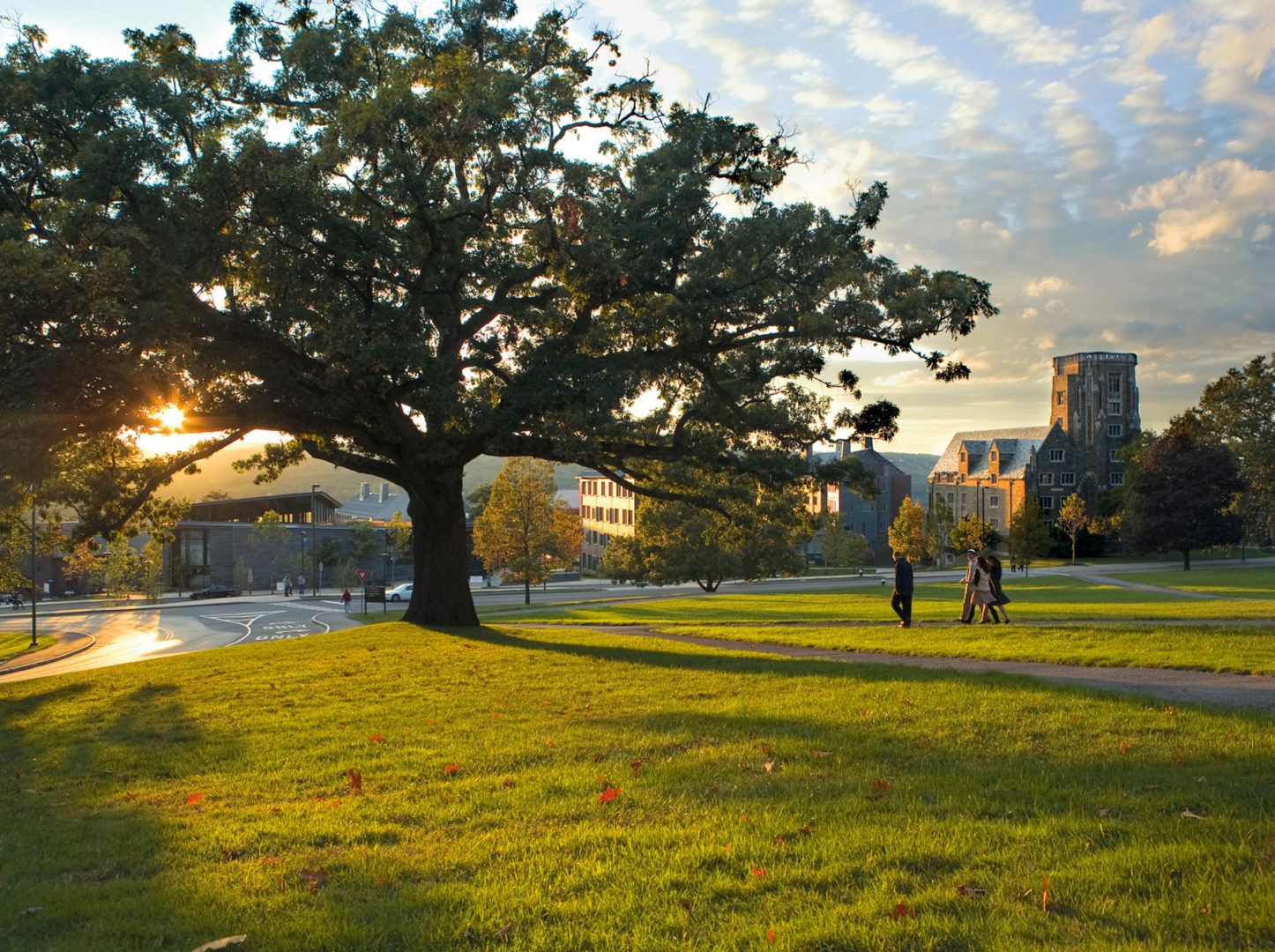As a follow-up to our undergraduate story, Timeout, we reached out to several Cornell graduate and professional students and recent alumni to hear how they’re coping with life in the wake of the pandemic. Here are their candid responses to our questions.
From taste testing pasta in a home kitchen, to online clinical training at Cornell Veterinary Hospital, to overseeing professional development for executives at IBM, these young Cornellians are adapting to socially-distanced classrooms and workplaces. The students are grateful for the support they’ve received from the university, and the alumni appreciate their Cornell connections. From new pets to new treatments for cancer, these Cornellians are finding ways to enrich their own lives and the lives of others, in places around the globe.
Tell us about your day now. Where are you, and what are you doing?
Joshua Jefferies MBA and MILR ’17
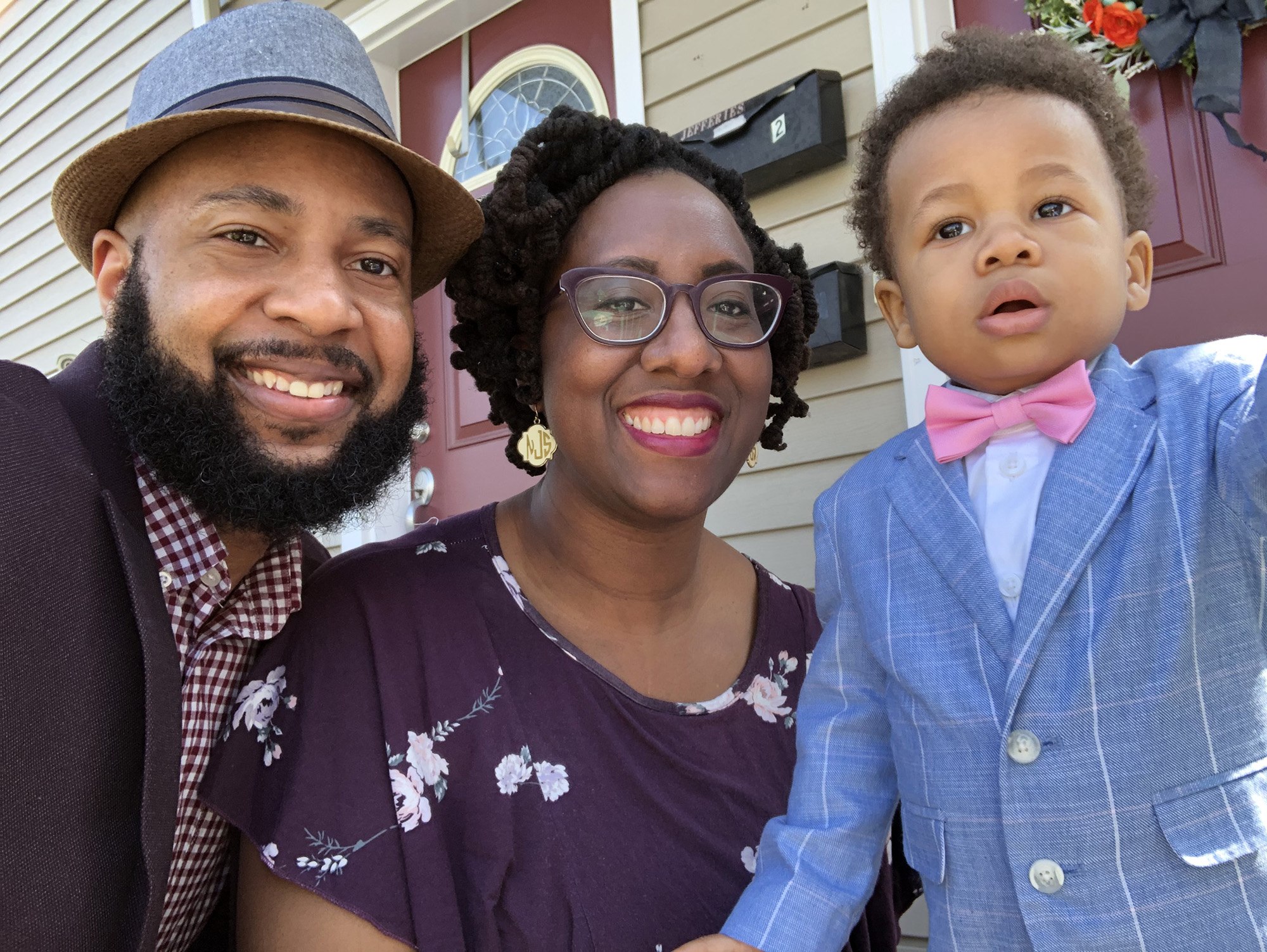
“I’m an HR Professional at IBM, and I currently focus on Executive Succession and Development for one of IBM’s businesses units. Currently, my days consists of working remotely, including a good number of virtual meetings through Webex. My work focuses on ensuring we have the right executive leaders, with the right skills, in place to ensure we best serve IBM clients.
My wife Sonia is currently at home as well, and so is our one-and-a-half-year-old son, Josiah. Our days are interspersed with a healthy dose of early childhood learning activities and Josiah enjoying his favorite show, Blues Clues!
As always, the Cornell alumni network has been great. Navigating the current times with a young child adds an additional layer of complexity, so we’ve been connecting with alumni with young children to strategize about approaches to child care, learning, and navigating life at home.
One big thing we’ve shared is how to leverage virtual options for learning. Another thing is the importance of outdoor time. With little ones, the natural reaction is to keep them cooped up in the house to stay safer. But there are definitely ways to enjoy the outdoors in a safe, socially-distanced way—whether it be a backyard, a patio, or a neighborhood stroll.
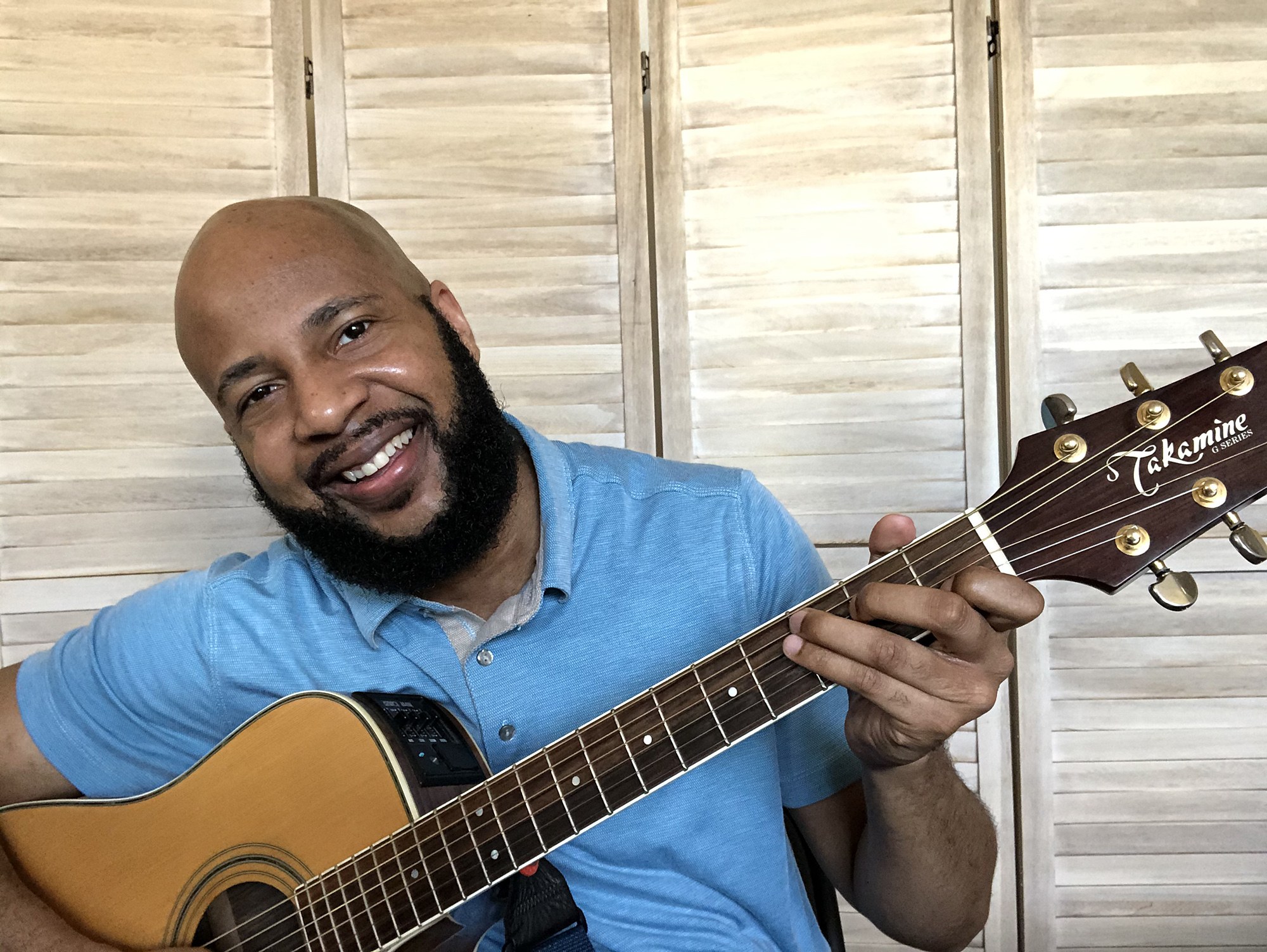
We’ve also come to recognize the importance of setting and keeping a regular routine. With so much changing in our adult lives, we have to be mindful that the little ones usually thrive with a set routine. So, sticking to that helps.
I’m learning that viewing the world as my son Josiah does can be very helpful. He approaches each day with a refreshing optimism and is eager to learn and master new things. I try to take that approach with me each day too.”
What hobbies have you picked up during the past few months?
Keerthana Manoharan MPS Information Technology ’16
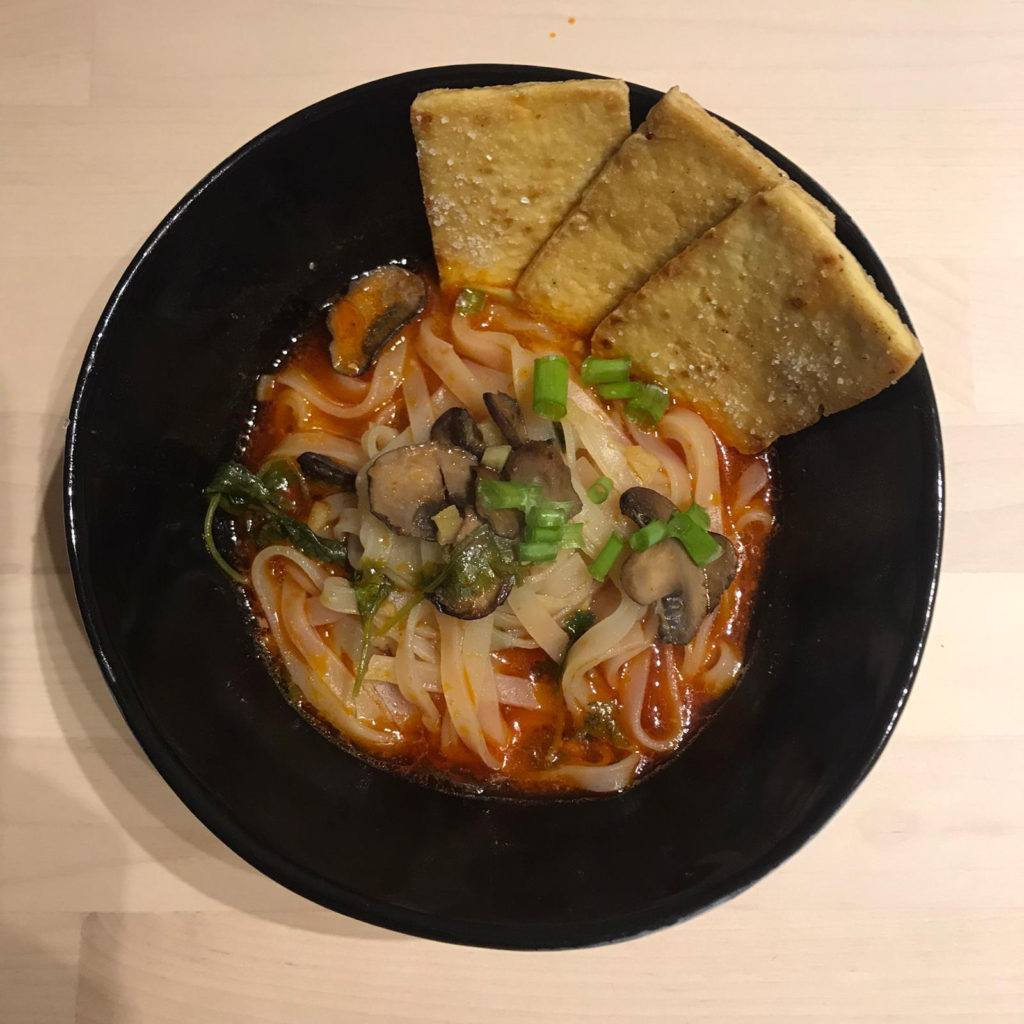
“I am a product designer for an independent third party that helps advertisers, publishers, platforms, and agencies measure online ads to make data-driven decisions on their ad spend. I haven’t gone into the office since the shelter-at-home order was announced. I literally work out of my bedroom. I have a studio apartment, and it is a living/bedroom all rolled into one.
I live in Toronto, Canada, though I think of New York City as home. At the end of last year when my student visa ended, I could no longer stay in the US.
It was very hard to leave an office that I loved going to every day, friends that are my biggest support system, and a city that I loved. I received an email one evening, and it said effective immediately, I’d have to stop working. Although this was a possibility that I was aware of, when it came, it was quite jarring. Of course, I would like to return to the US.
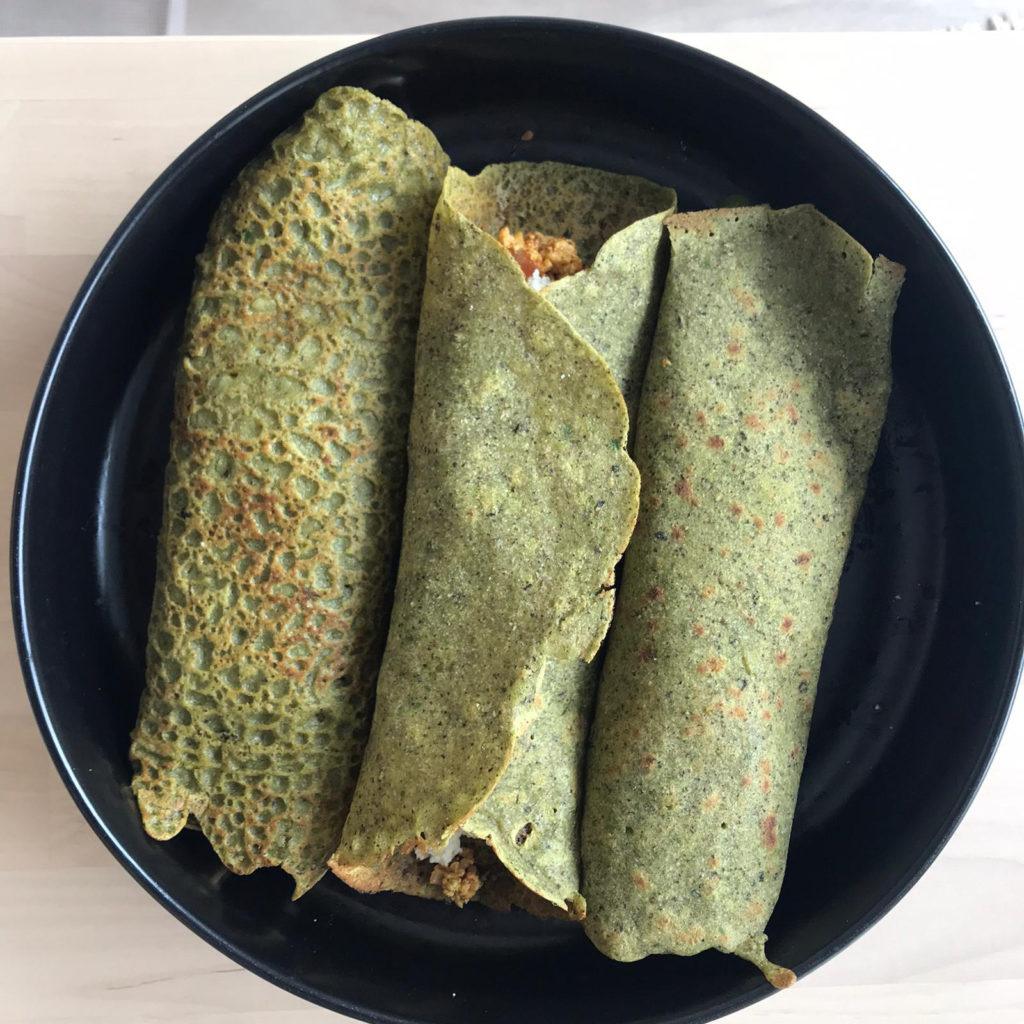
Since I’ve been working from home, I’ve been doing a 30 New Recipes Challenge with one of my friends. It’s quite fun, since I don’t resort to my tried-and-tested recipes all the time now. And it has helped me miss eating out a little less.
I’ve made a few North Indian recipes, Thai dishes, and different kinds of ramen. I always thought it would be very hard to make a good ramen at home, but I was pleasantly surprised that—even if it doesn’t taste like what I get from restaurants—simple home-made ramen is quite nice, and very comforting.”
What are you doing to give yourself a break?
Eric Hans Lee PhD Computer Science ’20
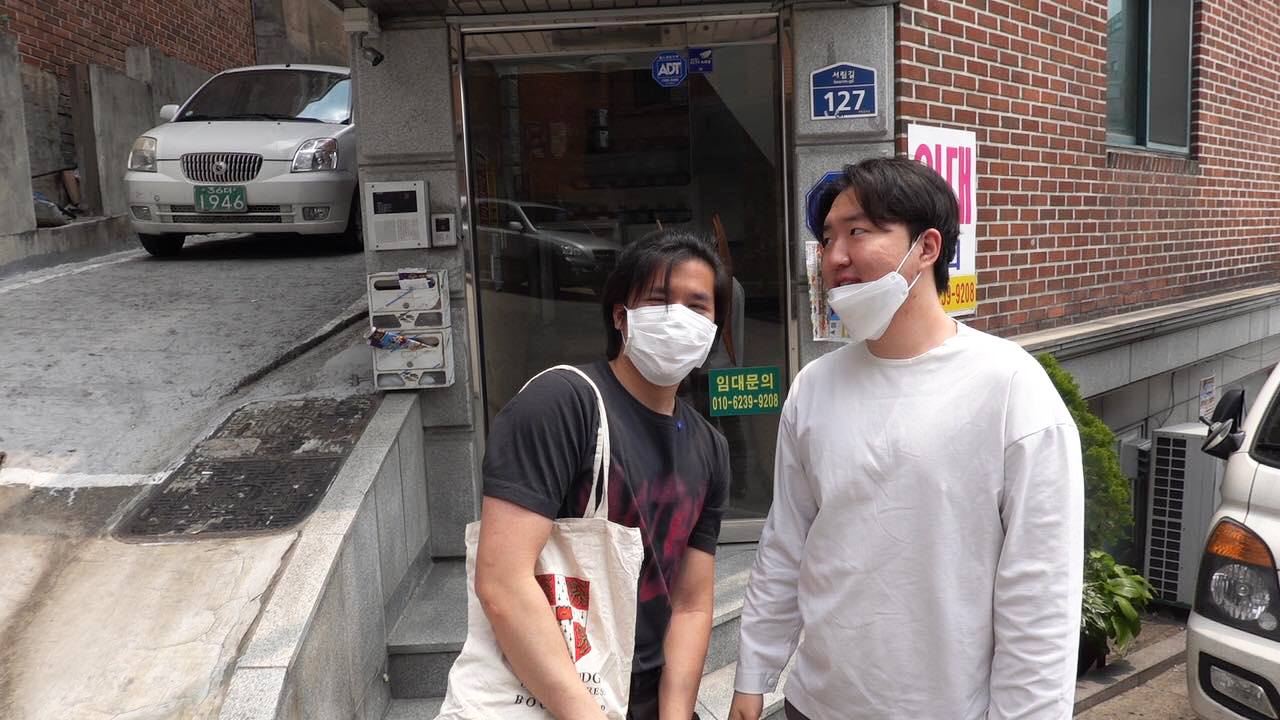
“I feel very fortunate to still be receiving pay as a graduate student when so many others have lost their jobs. This has kept me rooted in reality and grateful for my circumstances.
Originally, I was planning to travel around South Asia with friends after defending my dissertation, before searching for a job. Due to the virus, we canceled our travel plans. This then forced me to seek immediate employment, because I figured the economy would not be doing very well in the near future. Thankfully, I was fortunate and found something quickly.
In May, I left Ithaca for Seoul because it seemed far preferable to staying in the US. After a mandatory two-week quarantine in a hotel room, I began working out of a friend’s office in Seoul’s Gangnam district. My daily life involves eating breakfast at a nearby dumpling shop, taking the subway to work, and catching dinner with others in the evening. I have been far more productive than I was in the States, and am able to spend quality time with friends and family.
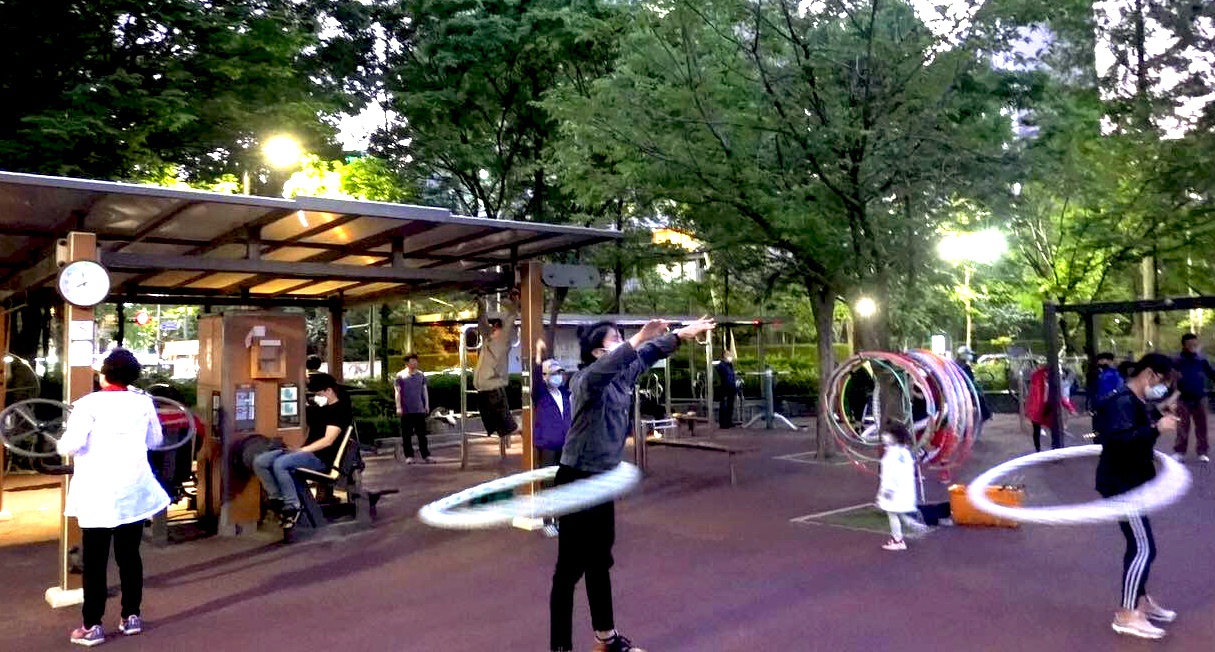
The difference between life in Seoul and in the States is, without a doubt, striking. Korea has largely kept the virus under control, with deaths under 300 individuals. Life in Seoul follows an ‘everyday-life quarantine’ scheme, which requires facial masks and social distancing at all times. Restaurants, offices, and stores are open, while high-risk locations such as clubs remain closed. People here largely obey the law. Almost everyone wears a mask and people distance for the most part—but strict social distancing is sometimes impossible, especially in a crowded subway during rush hour.
I was raised in the States and am a US citizen. It’s incredibly upsetting to watch from the other side of the world. More than 100,000 have passed away with no end in sight, common-sense rules designed to save lives have been politicized and ignored, and now the killing of George Floyd has resulted in mass civil unrest. My friends here, most of whom have studied in the States, shake their heads when they hear about what’s happening. I feel very fortunate that I had the luxury of being able to escape what many of my friends back home must endure.”
What are the biggest challenges you’re facing?
Meghan Marchuk MPS Food Science ’18
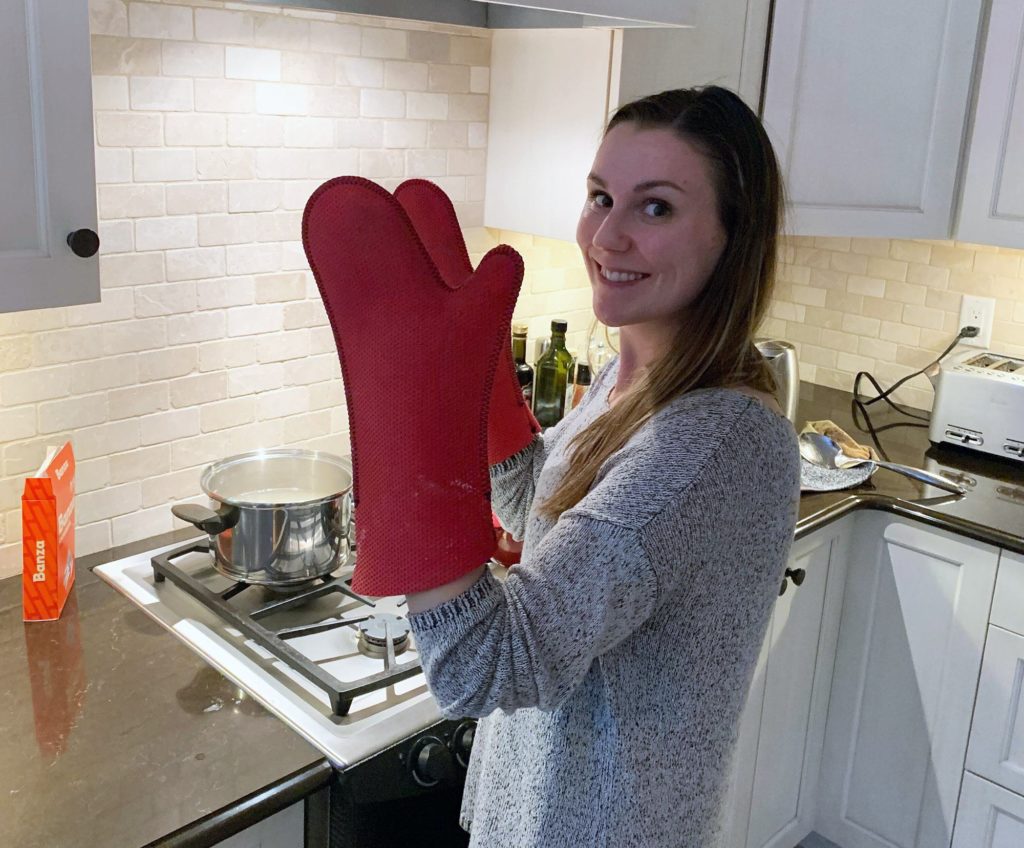
“I live in New York City, where I work as a product manager for Banza, a company that makes pasta out of chickpeas. I’m responsible for improving the sensory performance of existing pasta products, as well as executing the launch of line extensions. Given my background in food science and chemistry, my role is really centered around research and formulation work.
I was working remotely from March until June, from my parents’ house in Canada. During that time, it was a lot more challenging to keep projects moving at our typical fast pace. We had to be a little creative and adapt our processes, including conducting benchtop pasta extrusion and sensory testing for new products at home.
Benchtop pasta extrusion means we make pasta using a machine at a small scale, so that we can prove out concepts in advance of scaling up new formulations at our factory. In sensory testing, we consider the taste, texture, and appearance attributes of our chickpea pasta and compare their performance to traditional pasta.
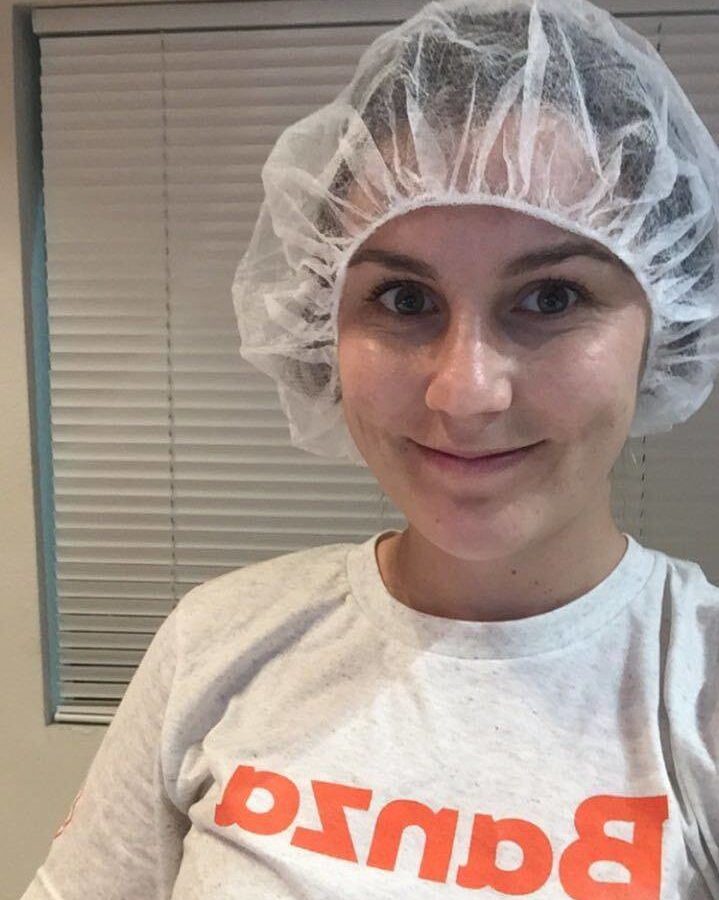
I am lucky that my company had a flexible work-from-home policy before this all started, and I expect that to persist as NYC begins to open back up. I always appreciated this policy but am especially grateful for it now after seeing how well it served us going into this prolonged work-from-home period. Everyone was able to quickly adapt to the circumstances, as we were all used to communicating remotely.
After taking all necessary precautions to protect the health and safety of our employees, our plant in California has been able to operate at full capacity during this time, and we have been making more chickpea pasta than ever before!
I made a few really solid friends at Cornell whom I’ve stayed in touch with over the past couple of years. Most of them are in the food industry, so it’s been great to catch up with them and talk through common challenges.”
How have your plans for the coming year changed?
Rachel Sandman ’23, doctoral candidate in Genetics, Genomics and Development
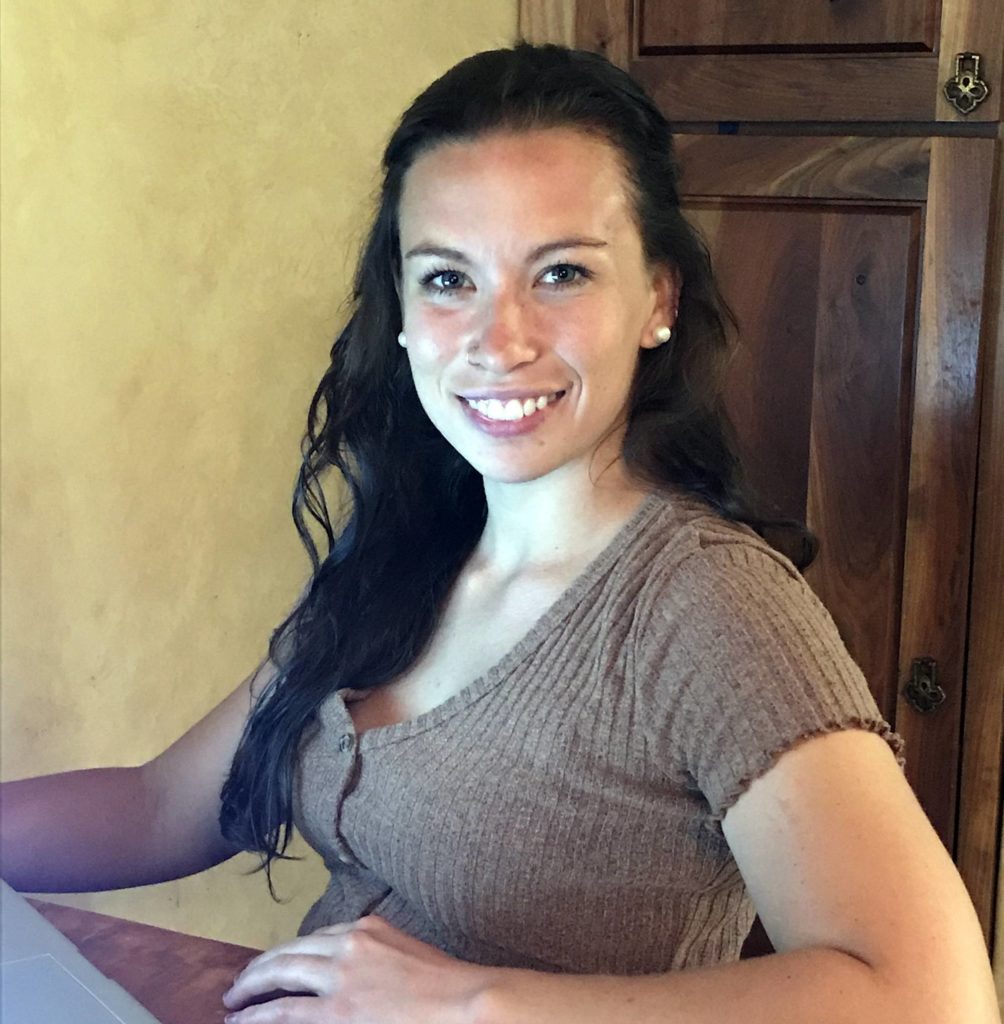
“I work in an RNA splicing lab, where I study regulation of alternative splicing. In short, a single gene can be spliced together in different ways to create different proteins. I am studying how that is regulated. I am working with a yeast gene, which has been mutated differently in thousands of clones, to understand how this regulation happens.
Understanding how RNA is processed has direct applications in cancer treatments and in vaccine development. For example, Moderna, a company that’s conducting Phase 1 trials of a coronavirus vaccine, is an RNA biotechnology company. My research will inform the sort of work they do.
I cannot do my experiments from home, so they were paused until the research labs opened back up. My degree progression has been delayed, since I could not do research in the lab during the lockdown.
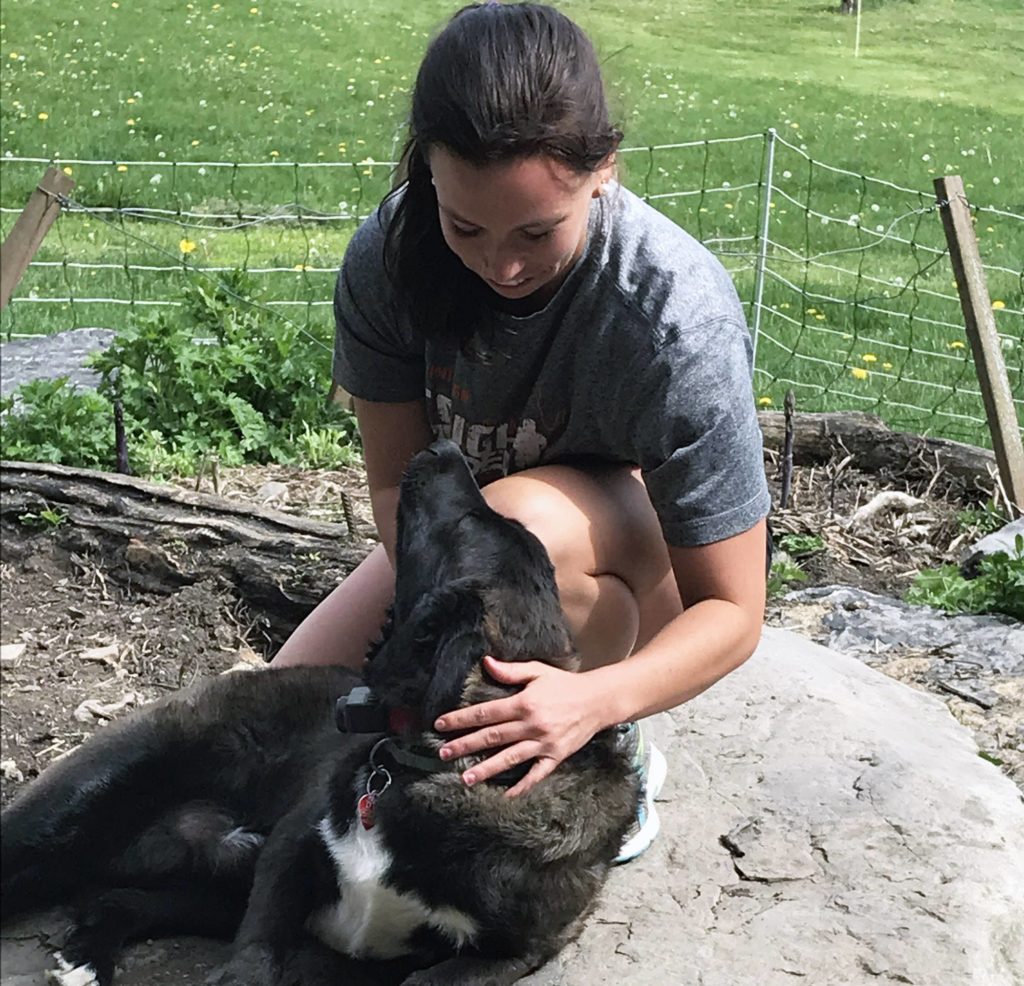
For the past few months, Cornell has made sure that I continue receiving my stipend and do not have to file for unemployment. They have also held many graduate student town halls about reopening so that my colleagues and I can voice our opinions and concerns about degree progressions and staying safe on campus.
For me, the biggest challenge has been dealing with uncertainty about how my graduation will be affected and how the job market may be influenced by the recession. Not knowing how things will change is the most stressful part.
I guess this time has taught me that life and future plans can change very quickly. Hopefully, I can adapt gracefully to the changing environment.”
How has Cornell helped you in the past few months?
Hannah Swegarden PhD Horticulture ’20
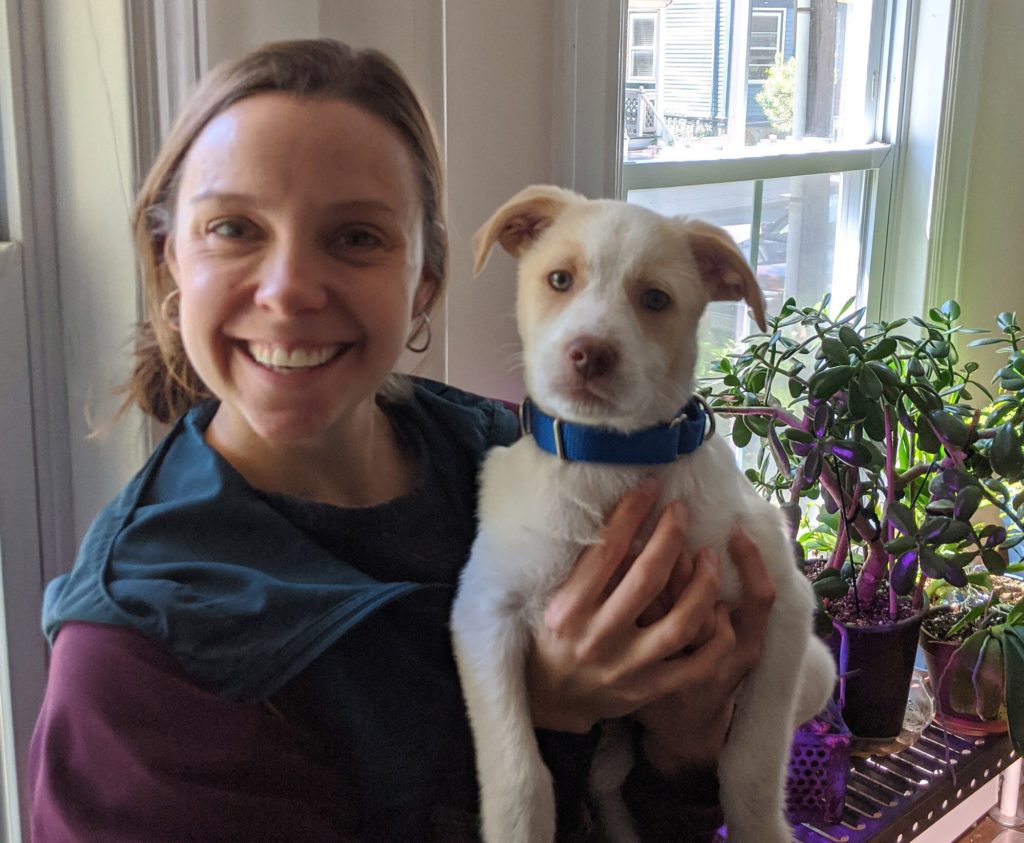
“This past spring I was a Graduate Teaching Assistant for Investigative Biology (BioG1500). The BioG1500 course had 24 sections and 12 TAs. There were a little more than 300 students in the class, and I had a total of 26 students between my two sections. We (all the TAs, course instructors, and laboratory staff) met weekly on Mondays to discuss the week’s lesson plans and activities. During this time, all the TAs were able to talk about what went well and what didn’t go so well in labs the previous week. In addition, the course provided a pedagogy component, in which we discussed concepts of active learning, diversity and inclusion in the classroom, and planning for instruction.
The resources Cornell provided were invaluable during our transition to online learning. The TAs remained in touch during virtual prep meetings and our GroupMe chat group. A few points of discussion that were new to our virtual prep meetings included creating icebreakers/opening material to engage students and developing space to personally connect with students in diverse environments, recognizing that they might be facing a variety of daily challenges in their studies.
A breadth of new energy was brought to teaching discussions, and it was inspiring to see how others handled their online classrooms.
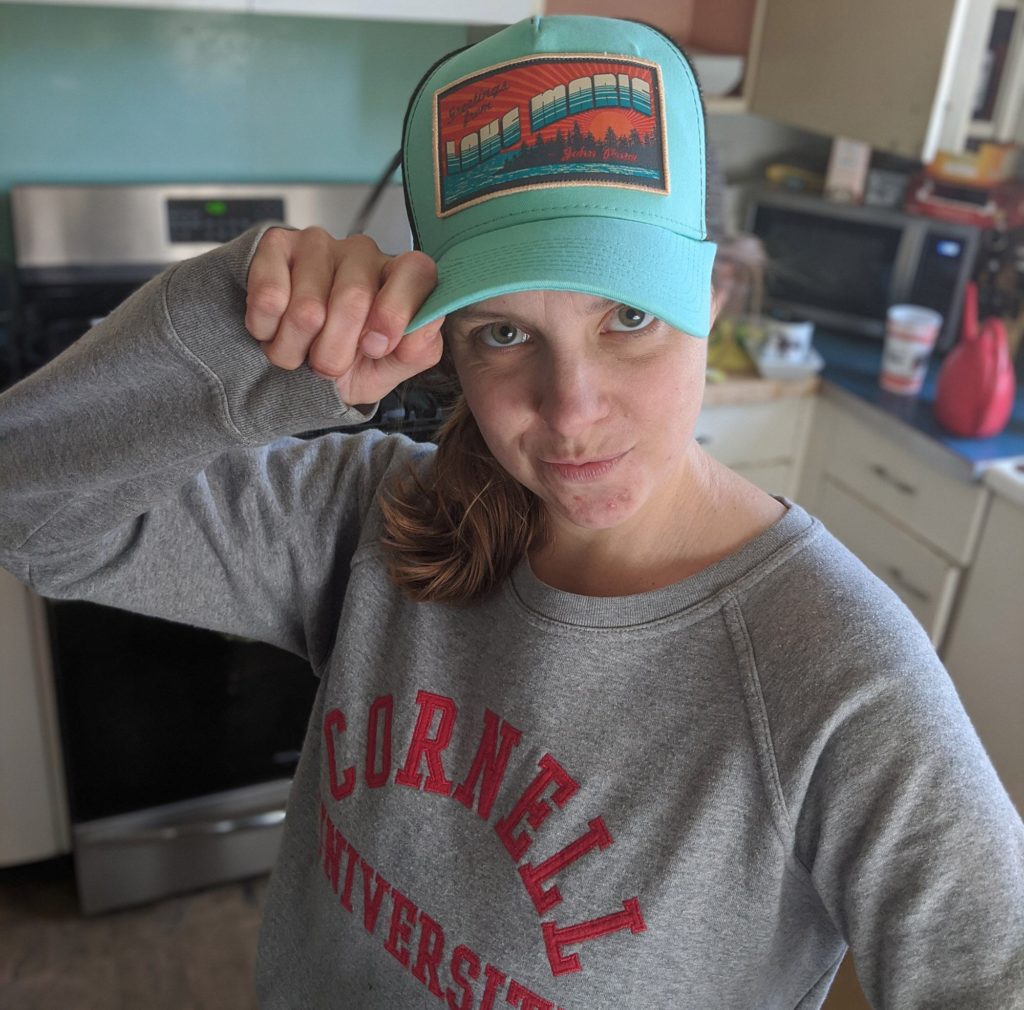
I guess one aspect that stands out in my mind was the benefits of breakout rooms in connecting with students. It can be very difficult to engage students when they are all in the main session of a Zoom meeting, but once you get them into smaller groups/breakout rooms, the conversation becomes quite a bit more personal.
It was such a treat when the other TAs or students would bring their pets into the frame. I encouraged students to bring pets from the first online meeting—I could see that they brought a sense of comfort to the student and brightened their experience. Too bad I didn’t have Pacha this semester. I’ll bring him for show-and-tell next time I teach!”
How has the Cornell network helped you?
Jordan Berta MArch ’16
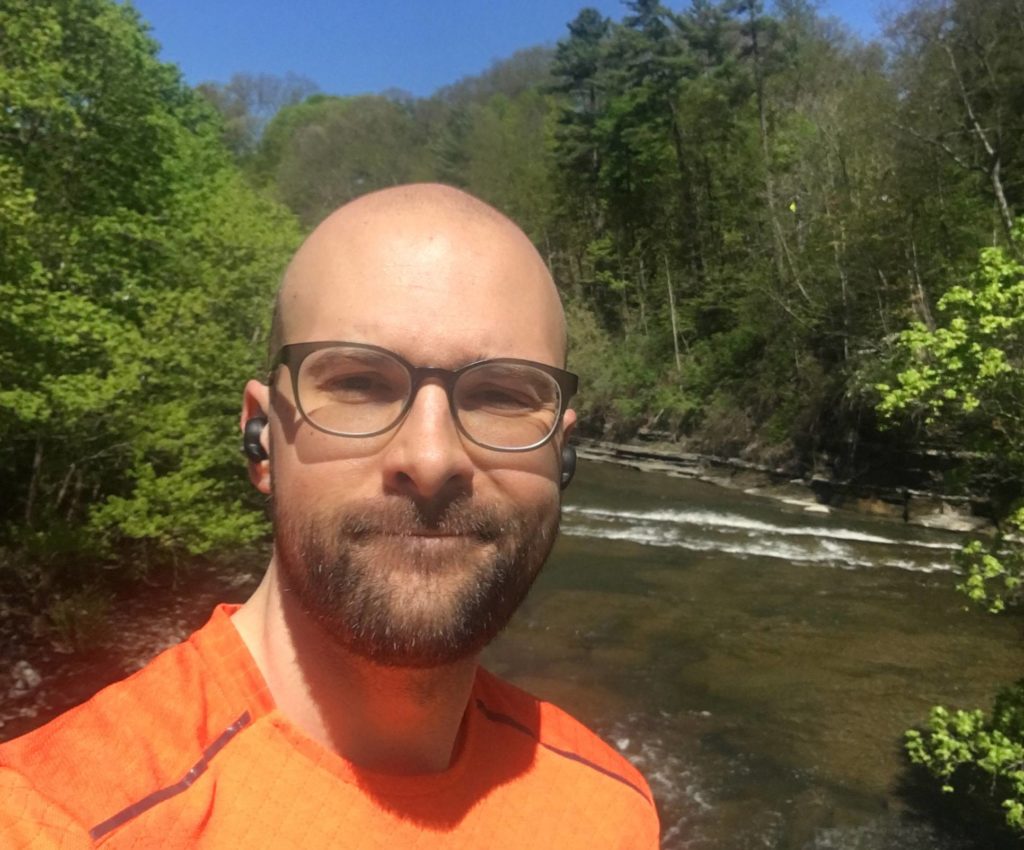
“This past academic year, I served as a Teaching Associate in the College of Architecture, Art, and Planning (AAP), teaching a studio for first-year architecture students in the introduction of architectural design and design thinking studio. I am in Ithaca until July and live in a room in a house near campus where, for obvious reasons, I spend most of my time.
Because of the work I did to support the virtual design studio after in-class meetings were suspended in March, AAP was able to approve a short, part-time position for me to prepare resources for the summer Introduction to Architecture program for high school students and for future eCornell opportunities. Fortunately, my health benefits will be extended, as well, at least until the end of June.
I am based out of Berlin, Germany, but have limited right of residence there, so I have been waiting to reenter Germany and reunite with my partner. Before the pandemic, there were many opportunities for architects in design offices across the world. Now, however, all spending, and therefore all projects in development, have stopped.
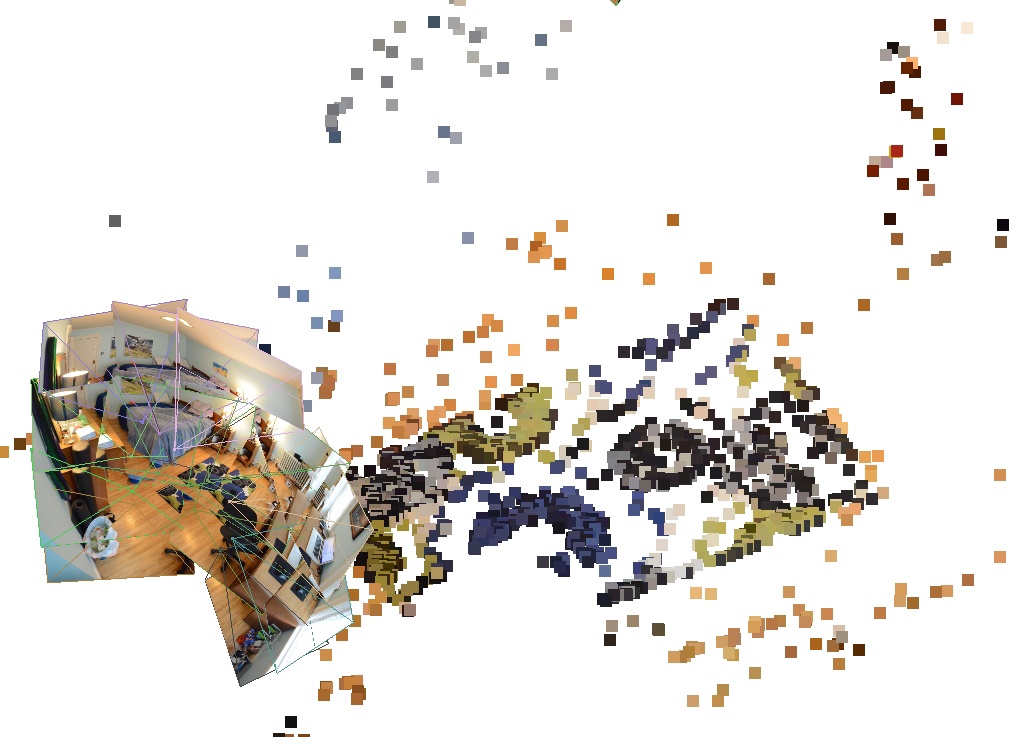
The Cornell network has been helpful in making recommendations, but because the design industry as a whole is at a standstill, the short- and long-term opportunities are very unclear. Faculty have, of course, helped write references and connect me with their professional networks.
Ironically, last year I had been anxious about the risk of leaving a stable job in Berlin and taking this teaching position, which is effectively a limited, single-year teaching fellowship. I have relished the experience of teaching at Cornell this year but was always anxious about what came after. Would I find a good position? Could I get a visa for Germany?
When the pandemic made it clear that the future was extremely uncertain and my greatest fears were realized, I think my priorities also became clearer: maintain patience and persevere, and try not to let anxieties dictate my expectations. I just have to keep moving forward and work towards direct goals. I am by no means in a unique situation; the majority of graduating architecture students and most of my friends in my generation are in similarly precarious positions. This is both unifying and disconcerting. I know we will overcome, but it will take time.”
What is helping you get through this time?
Alexander Matika, doctoral candidate in Sociocultural Anthropology ’25
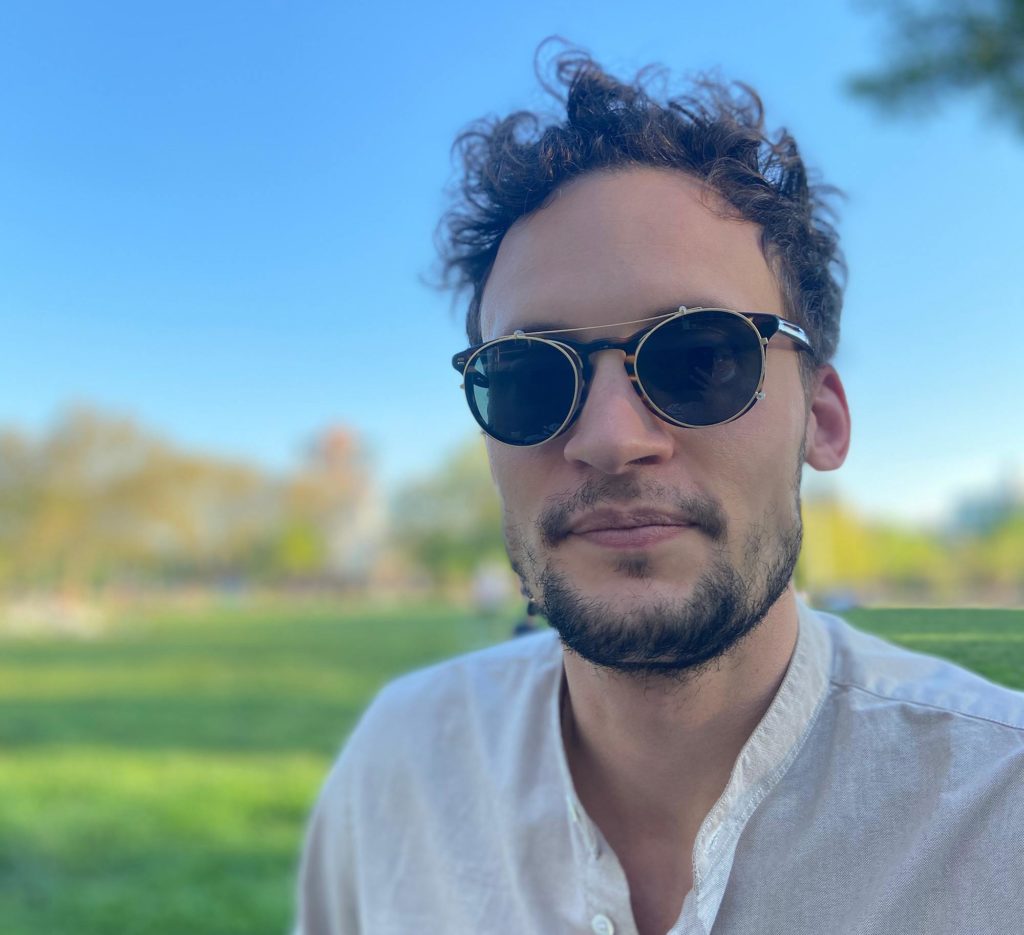
“I’ve been in Brooklyn, New York, since April. Work fills the days. Screen time is in excess. Maintaining distance from the virtual—and presence with the actual—requires concerted effort. Days are no longer useful demarcations, the weekends of little significance.
Cooking has ordinarily been a solo activity done out of necessity and for the sake of mere sustenance. Over the past two months, time has elongated: days and weeks blur. Cooking allows for a demarcation of time where the days of the week do not. With the absence of a commute and the fluidity of work deadlines, cooking has taken on a slower pace. Collective cooking and sharing in meaningful conversation with the people I love are helping me through this time.
For many years, periods of productivity and creativity have been cyclical. This moment has offered a return to activities that require sustained attention and diligent reworking, such as drawing.
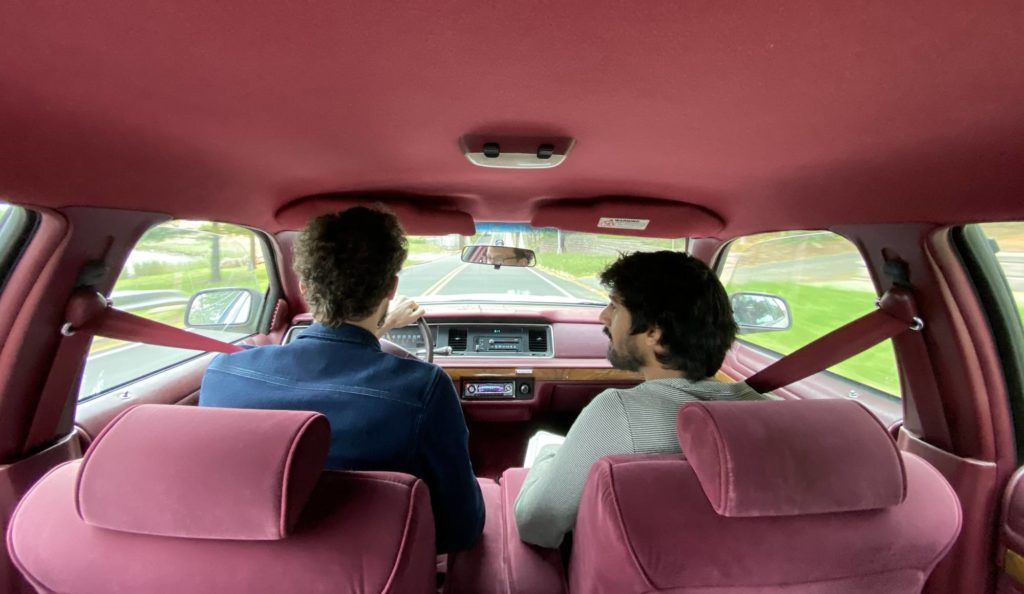
The city that rarely sleeps is particularly sleepy. The streets are often dormant, aside from delivery bikes, emergency vehicles, and public buses. One can traverse the boroughs at half the time on a drive, allowing for an illusory escape despite the confinement.
I also think we have further interrogated what friendship encompasses. The English term contains a lot of variance: from networking connections, to digital meet-ups, to random roommate situations. All of the above could be labeled as ‘friends.’ Sure, one can use a qualifier (close friend, best friend, dear friend etc.) to further describe the nature of a relationship. However, is the term ‘friend’ capable of poignantly encapsulating what we mean when we say, ‘I quarantined with friends’? This moment seems to reveal whom we depend on and whom we entrust in: a new mode of vulnerability.”
What life lessons have you learned during this time out?
Alexandra Prado, DVM ’21
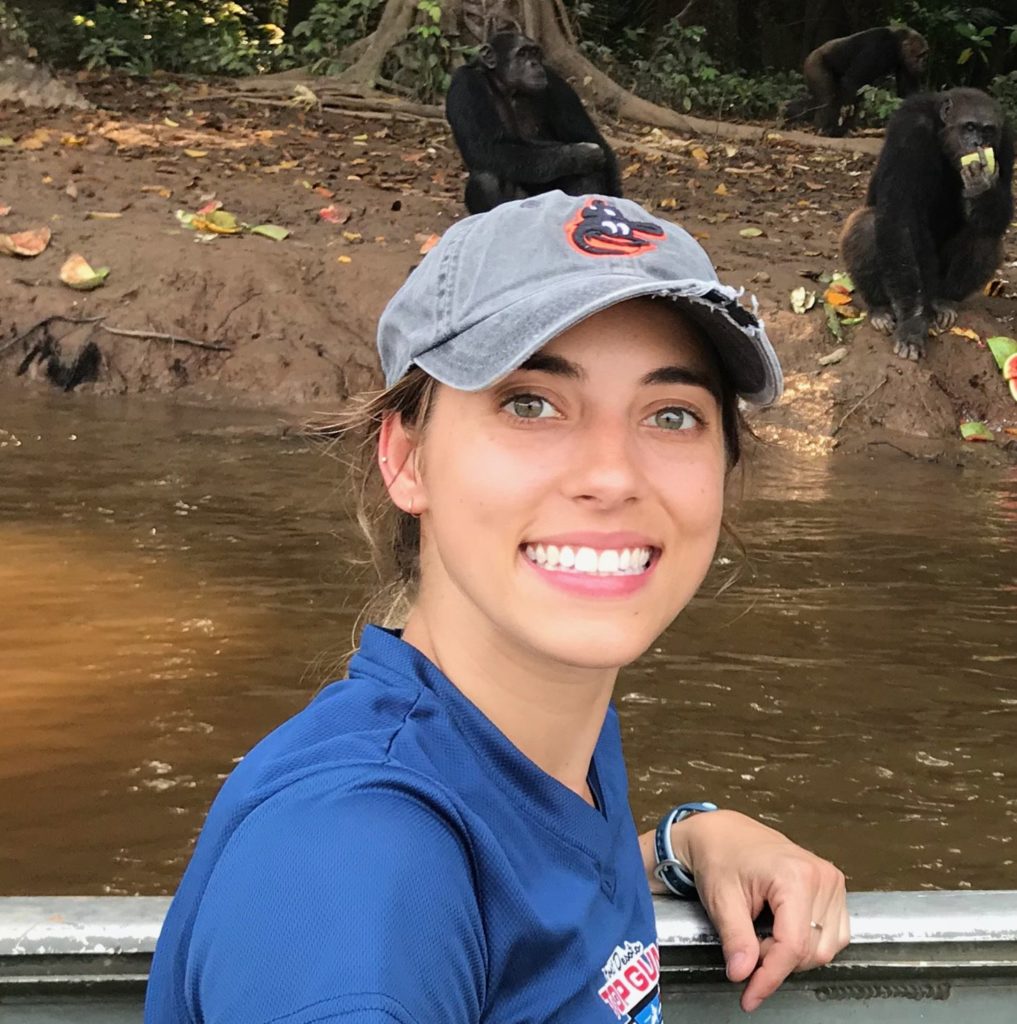
“Right before the university closed, I was about to enter into my clinical year at the vet school, a year where I would transition out of the classroom and into the university’s veterinary hospital. With Cornell’s transition to virtual education, my clinical year has been halted and truncated. However, the veterinary faculty have been working hard to ensure that the setbacks we have faced due to the pandemic will not stunt our clinical experiences. They have developed an 11-week virtual course entitled “Transition to Clinical Practice” for my graduating class, so that we may receive education online that would normally be given on a clinical rotation. While this will not completely mimic in-person clinics, I am grateful that the university has dedicated their time to develop this course so that we can graduate on time.
I joined Dr. Ned Place’s research lab during my first year of veterinary school and began studying an amazing Twinkie-shaped rodent: the naked-mole rat. Even though the members of the lab are in different areas of the country, we still continue having bi-weekly lab meetings, now over Zoom. We talk about our research projects and catch up about our lives outside of Cornell. We are even having a Twinkie-themed lab meeting soon! It has become a time for us to stay connected with and support each other during these challenging times.
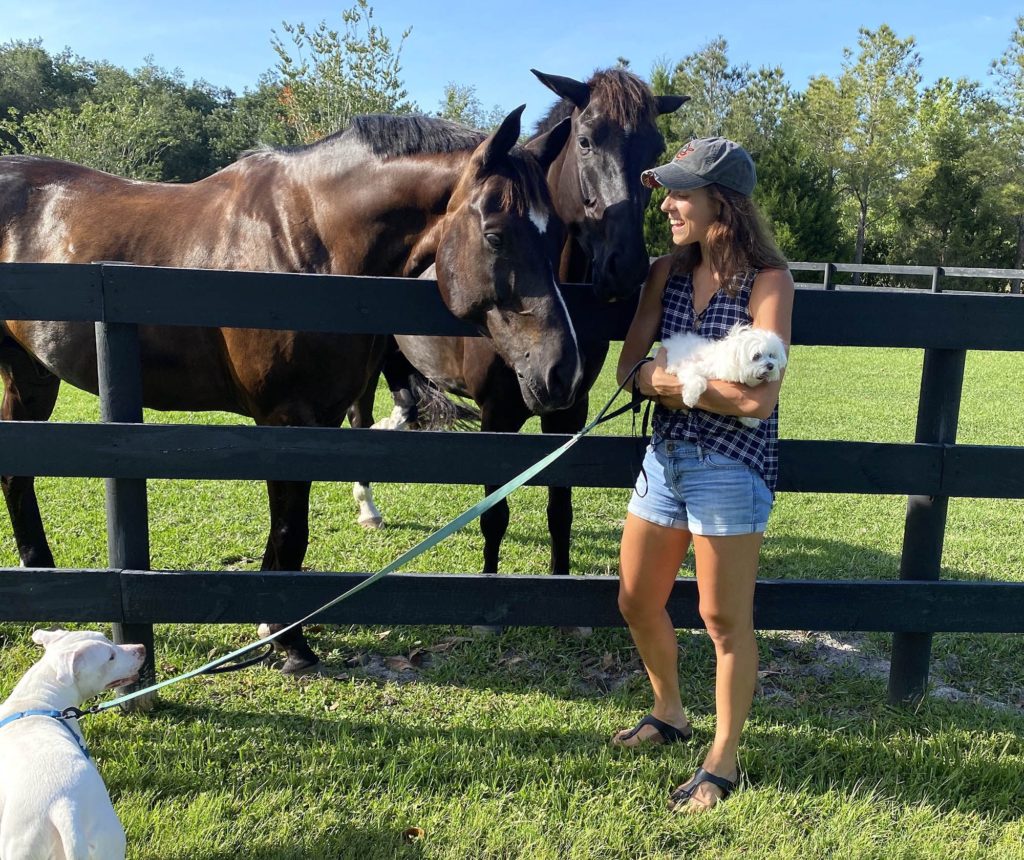
The most imminent challenge I face is moving forward with daily living. Life has changed so drastically since March. It’s easy to reminisce about the ‘before-times’ when things were normal and wonder what life would be like if none of this had happened. I would have been in clinics, I would have stayed in Ithaca, I would be able to see my friends, I would have enjoyed the simple things more. But I have found, unsurprisingly, that by giving in to these ‘would haves,’ I allow the situation to control my day and my every move. Each day, I work to accept this new way of living and hope for a better tomorrow.
We continuously talk about how the world is interconnected. On topics ranging from climate volatility to social justice reform, we speak about how it is only if we act as a collective group that we can enact change. Historically, it has been difficult to change these mantras into action. What I think this pandemic has done is hit the nail on the head in a very real way. We are not alone on this planet. What I do today affects my neighbor just as much as it affects my community abroad.
Countries around the world are recognizing this and are working together toward a common goal. While we can see that this is good, we have to make this the start of a new era. There are more urgencies that threaten our global health and well-being than just SARS-CoV-2. We all have to confront global challenges together, utilizing knowledge and expertise from different cultures, societies, and intellectual backgrounds.”

